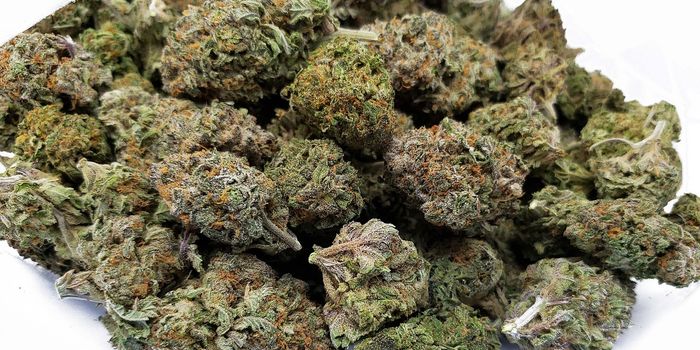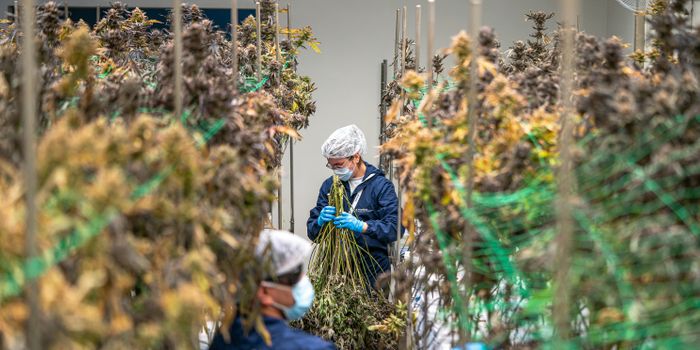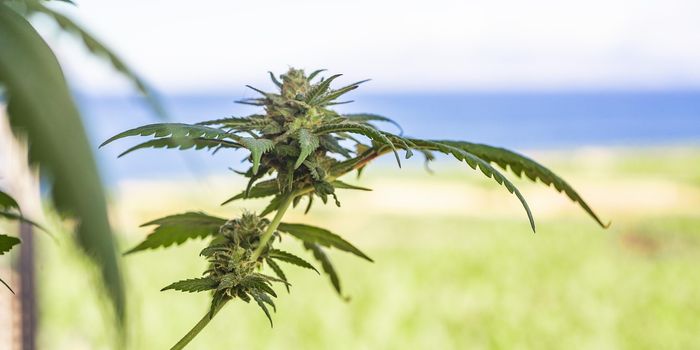Rats Develop Drug-Seeking Behavior After Cannabis Withdrawal
A recent study from Washington State University has found that rats with regular access to cannabis tend to show drug-seeking behavior once it is confiscated.
For the study, the researchers trained male rats to poke their noses through small ports within a Plexiglass compartment with a constant flow od tetrahydrocannabinol-rich (THC) whole-plant cannabis vapor. Over the course of 21 days, the rats were able to inhale vapor during daily one hour sessions marked by a cue light. Meanwhile, another group of rats received cannabidiol-rich vapor while a control group received neither.
By the third day, the researchers observed that the rats had already begun to establish associations between the nose pokes and inhalation of cannabis vapor. In the end, they found that between days 4 and 21, those exposed to THC-rich vapor poked their noses into the glass more frequently than those in the other groups. In fact, those in the THC groups sometimes underwent double the number of vapor deliveries than those in the other groups.
However, it was when day 22 came around, and the cannabis vapor was confiscated, that the most shocking results came. Ryan McLaughlin, one of the study’s authors, said, “They would show a burst in responding....It went from 17 to 18 nose pokes up to 70 or 80 on average. They were trying to figure out why it wasn’t working.”
Meanwhile, Tim Freels, first author of the paper, said, “It was similar to when you have someone who has stopped smoking cannabis for a while but then sees their pipe or their vape pen, immediately that cue makes them want to seek that drug again.”
Although rat model studies may not portray human behavior with as much precision as human studies may, the researchers nevertheless noted that the rats seemed to experience many of the same withdrawal effects from cannabis as humans do.
The researchers now intend to study this mechanism further. McLaughlin said, “We urgently need more information on the effects of cannabis use on the developing brain, and this model will be important for identifying potential risks that can be relayed to human cannabis users.”
Sources: Washington State University, JNeurosci, Medical News Today









